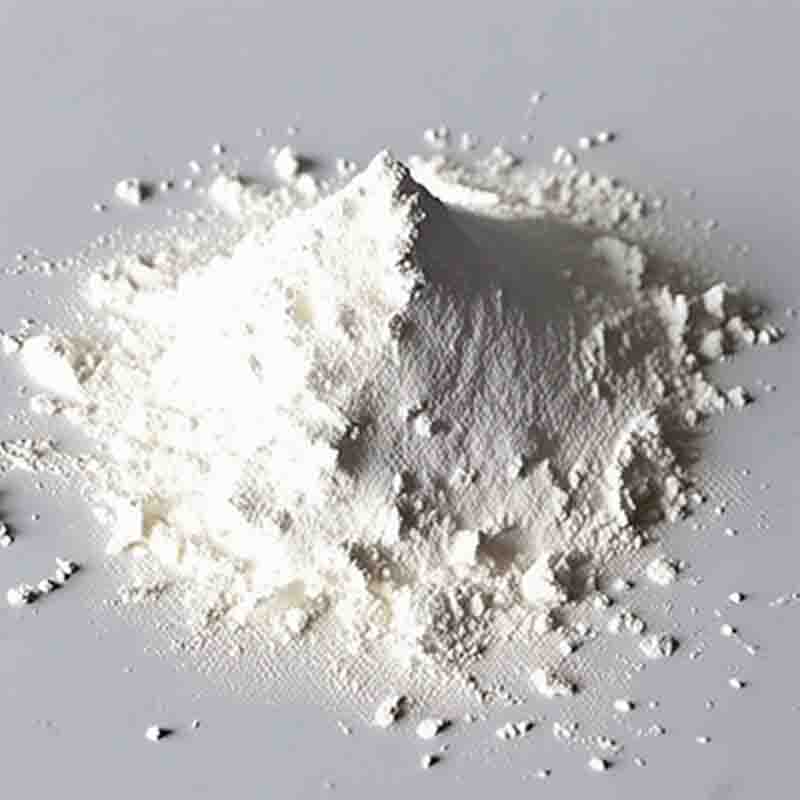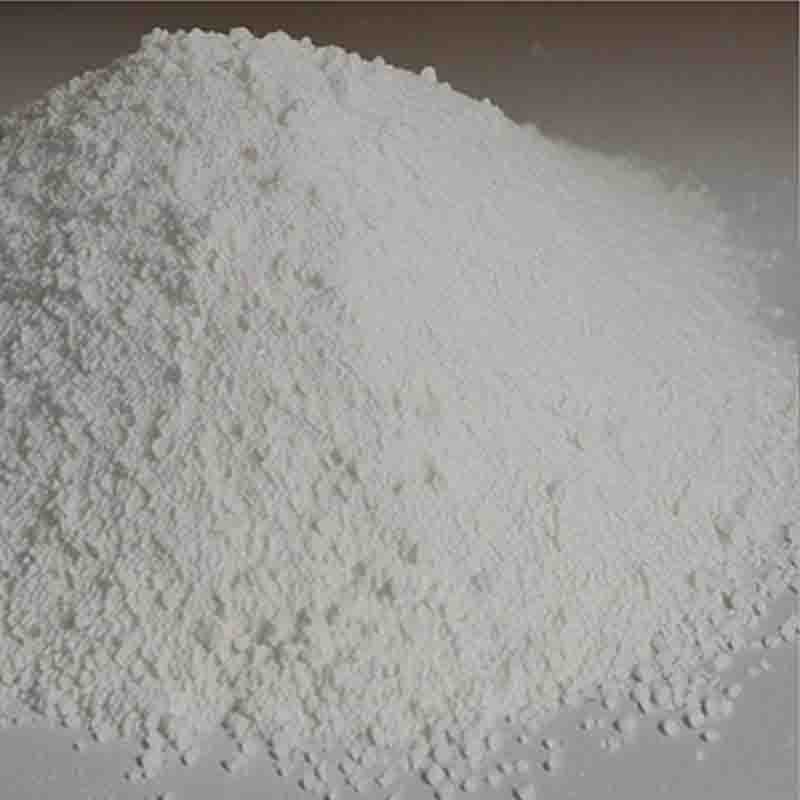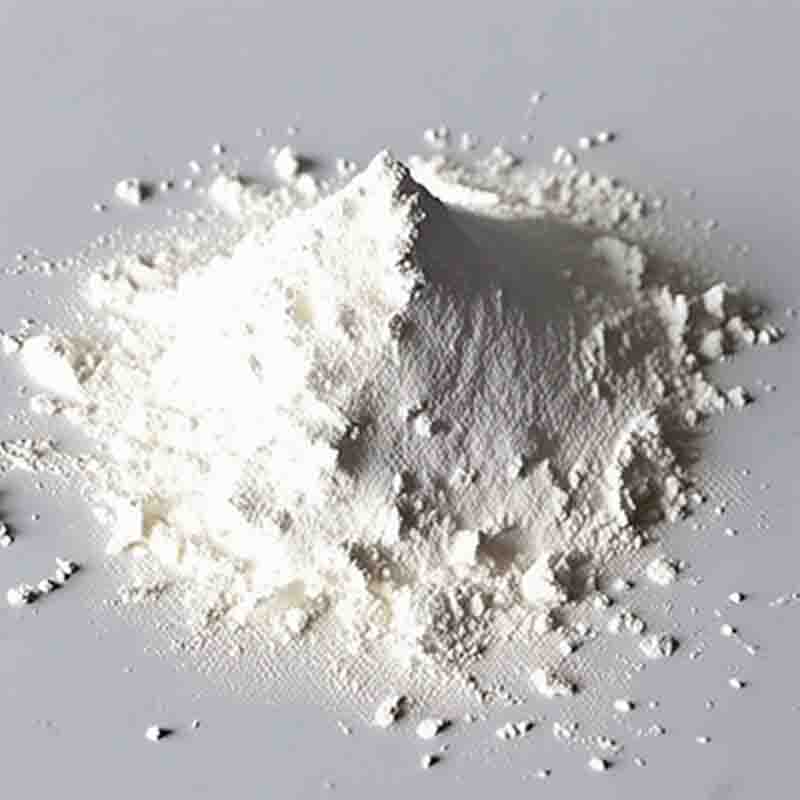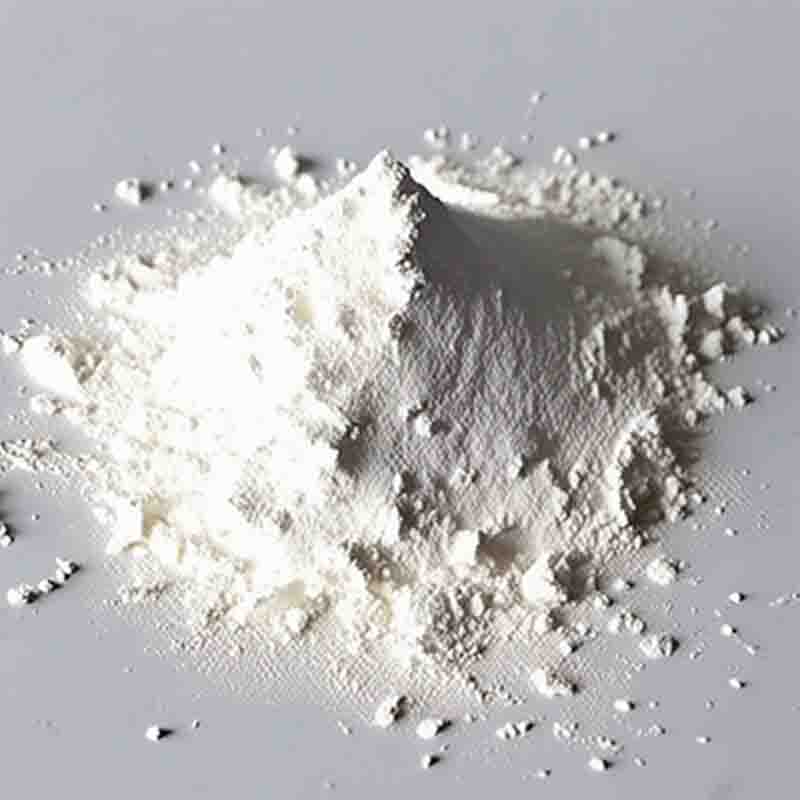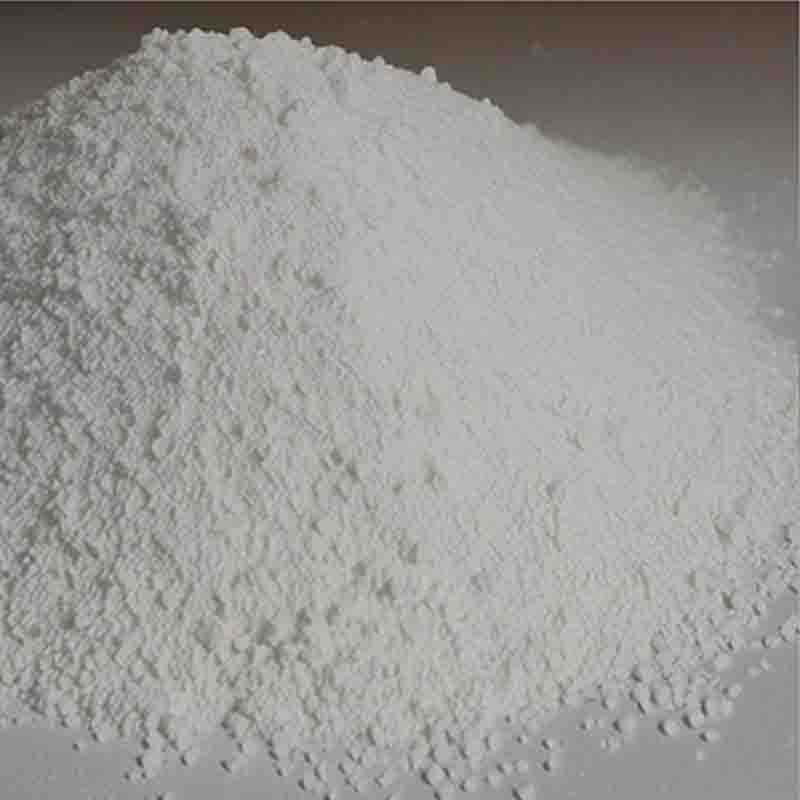N,N,N-trimethyl-1-dodecanaminiumbromide CAS:1119-94-4
| Catalog Number | XD95621 |
| Product Name | N,N,N-trimethyl-1-dodecanaminiumbromide |
| CAS | 1119-94-4 |
| Molecular Formula | C15H34BrN |
| Molecular Weight | 308.34 |
| Storage Details | Ambient |
Product Specification
| Appearance | White powder |
| Assay | 99% min |
N,N,N-trimethyl-1-dodecanaminium bromide, also known as DTAB, is a chemical compound that belongs to the class of quaternary ammonium compounds. It finds applications in various fields due to its unique properties and effects.One of the main effects of DTAB is its surfactant behavior. As a surfactant, it exhibits both hydrophobic and hydrophilic properties, allowing it to reduce the surface tension between different immiscible substances. This makes it useful in industries such as detergents, emulsions, and cosmetics. In detergents, DTAB helps to solubilize and remove dirt, grease, and stains. In emulsions, it assists in creating stable mixtures of oil and water, thereby improving product texture and stability. In cosmetics, DTAB is often used in formulations of shampoos, conditioners, and body washes to enhance their cleansing and foaming properties.Another important effect of DTAB is its antimicrobial activity. It has the ability to disrupt and destroy the cell membranes of microorganisms, including bacteria, fungi, and viruses. This property makes it an effective ingredient in disinfectants, sanitizers, and preservatives. DTAB-based disinfectants are commonly used in various settings, including hospitals, food processing facilities, and household cleaning products, to control the spread of infections and prevent the growth of harmful microorganisms.DTAB also has the ability to act as a corrosion inhibitor. It forms a protective layer on metal surfaces, preventing corrosion and minimizing damage caused by factors such as moisture, chemicals, or exposure to harsh environments. This property makes it valuable in industries like metalworking, oil and gas, and automotive. DTAB-based corrosion inhibitors are used to extend the lifespan of metal equipment, improve their performance, and reduce maintenance costs.In addition, DTAB can act as a phase transfer catalyst, facilitating chemical reactions that involve the transfer of reactants between immiscible phases. This property is utilized in organic synthesis and pharmaceutical manufacturing processes. DTAB helps to improve the efficiency and yield of reactions by enabling better interfacial contact between reactants.In conclusion, N,N,N-trimethyl-1-dodecanaminium bromide (DTAB) exhibits surfactant, antimicrobial, corrosion inhibiting, and phase transfer catalytic effects. Its diverse properties make it valuable in industries such as detergents, emulsions, disinfectants, metalworking, and organic synthesis. However, it is important to handle and use DTAB safely, as it is a strong irritant and can be toxic if ingested or inhaled.


